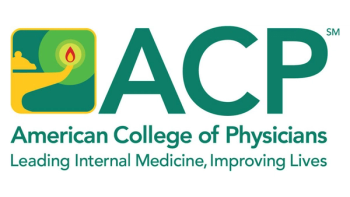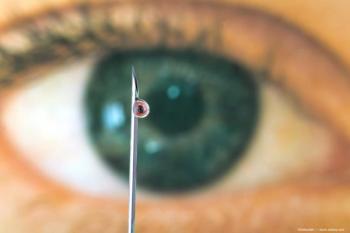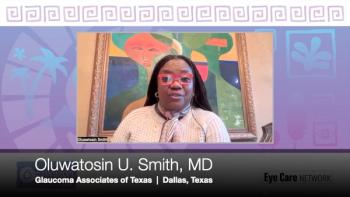
Sen. Paul to ophthalmologists: Get into politics to make a real change
Sen. Rand Paul (R-KY) could not have been happier to be back among his fellow ophthalmologists while discussing his views on healthcare.
Chicago-Sen. Rand Paul (R-KY) could not have been happier to be back among his fellow ophthalmologists while discussing his views on healthcare.
“It’s great to be with normal people for a change,” Sen. Paul joked, while also calling his visit to Chicago for the 2014 meeting of the American Academy of Ophthalmology an “upgrade” as opposed to Washington, DC.
On the topic of the Affordable Care Act (ACA) and other medical mandates, Sen. Paul did not hesitate to blast President Barack Obama, saying that the American government should not be in charge of dictating healthcare costs.
“Only democratic capitalism can really set the real and good place of goods,” he explained.
Sen. Paul warned the ACA would set off a domino effect of creating too much of a demand for the system to handle.
“You make something free, people want too much of it,” he said, so you have to slow it down somehow, then there will be order.
Sen. Paul said his solution to the problem is to allow the marketplace to freely fluctuate healthcare prices, instead of allowing the government to control it.
“Capitalism isn’t perfect, some will be left behind, but instead of destroying the whole system, why don’t we try to take care of the exception to the rule, the poor,” he said. “The price of cataract surgery may go up, it may go down, but it will be dictated by the marketplace.”
The bottom line, he stressed, is too much government intervention will be worse for the American economy, and will negatively impact the vast majority.
To combat the issue, Sen. Paul said physicians should step up and become a part of the conversation.
“Politicians should act more like doctors, and doctors should get more into politics,” he said.
Newsletter
Don’t miss out—get Ophthalmology Times updates on the latest clinical advancements and expert interviews, straight to your inbox.





























